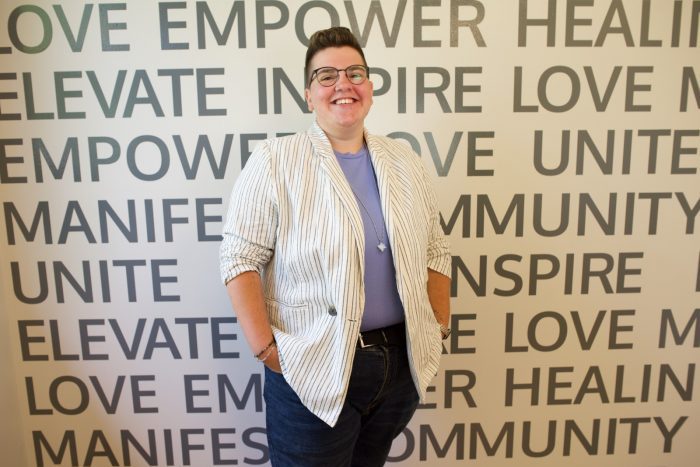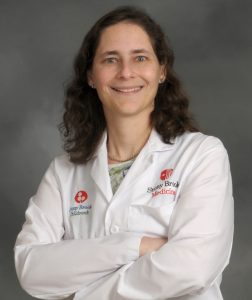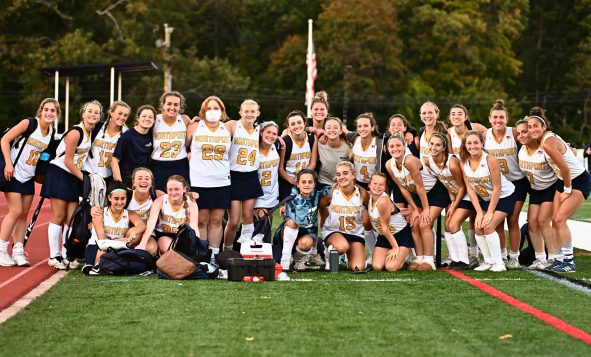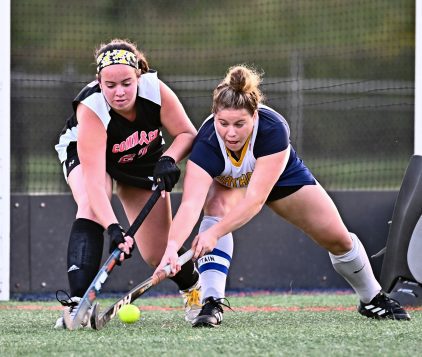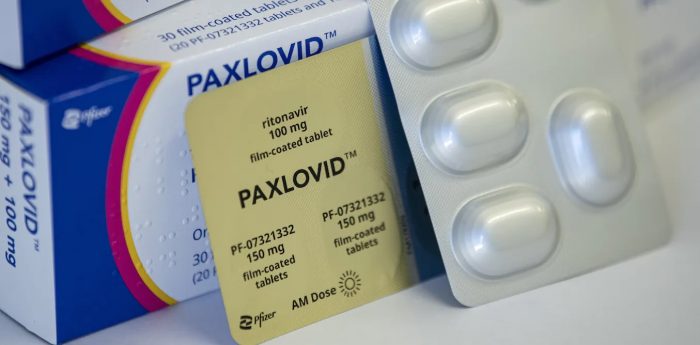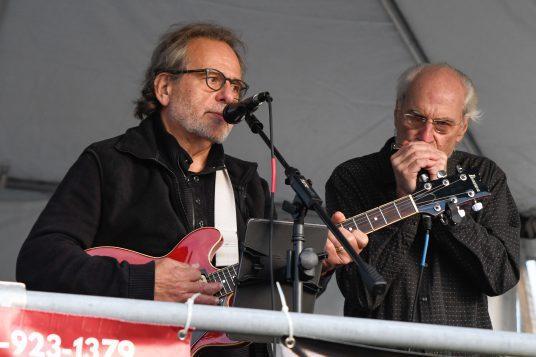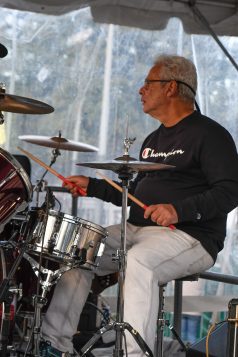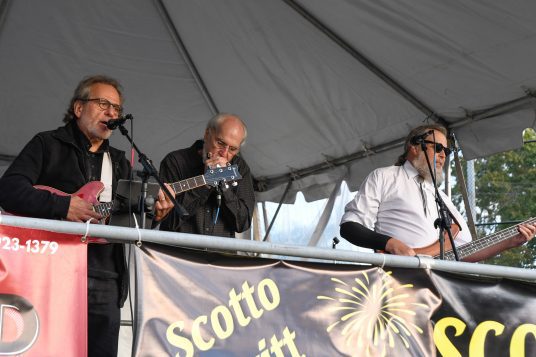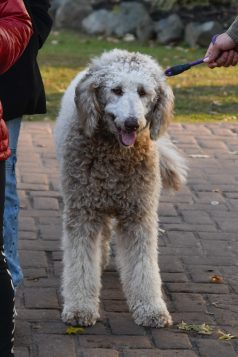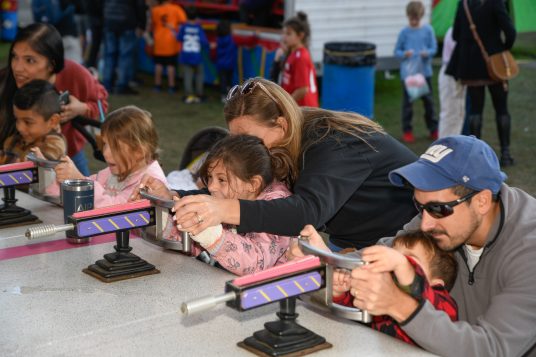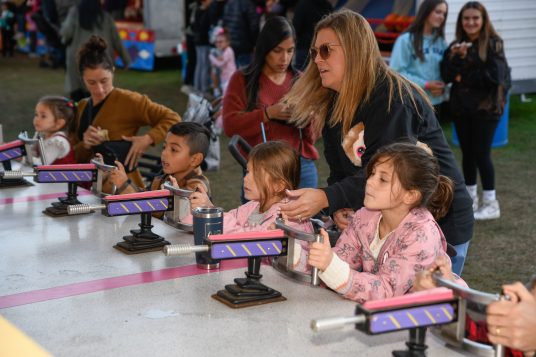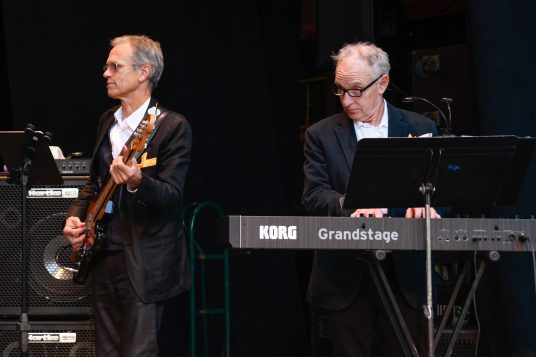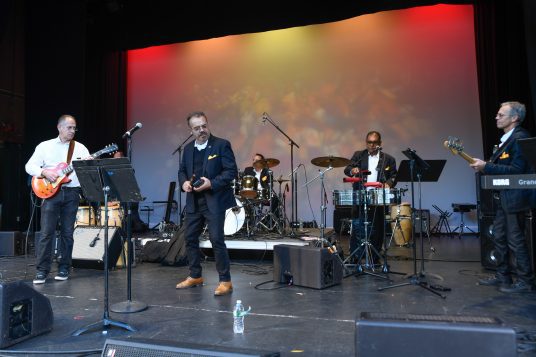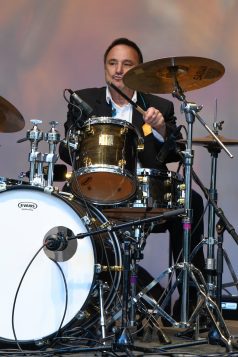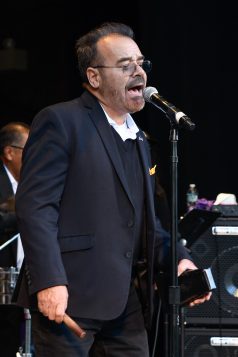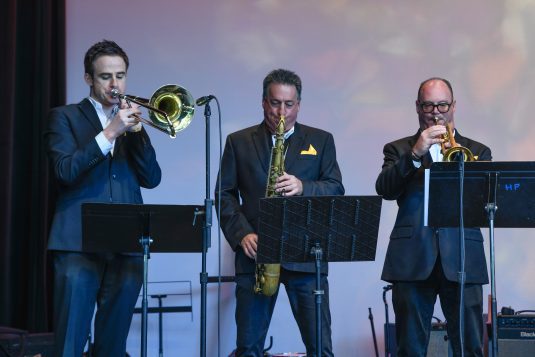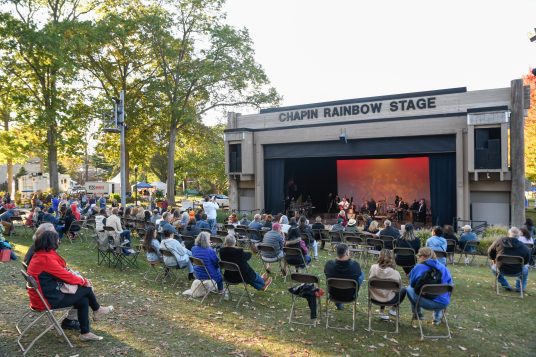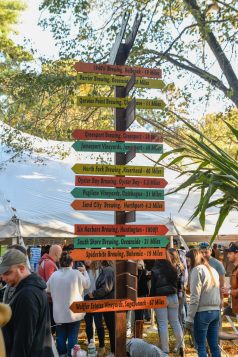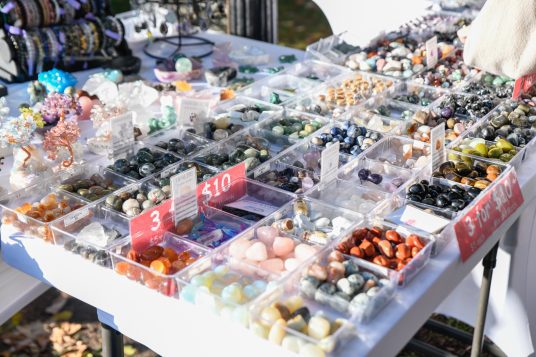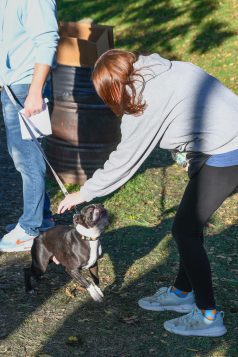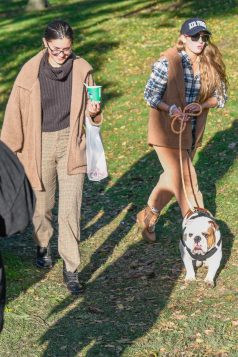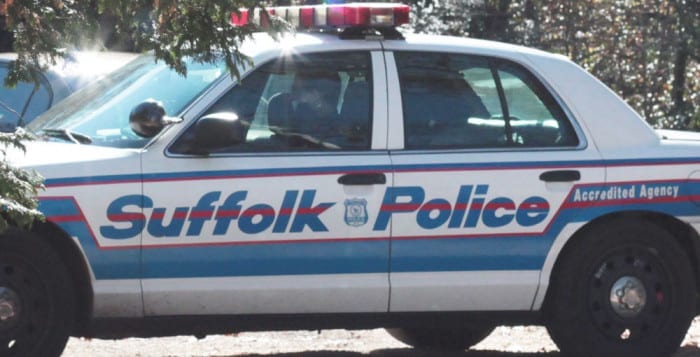By Carolyn Sackstein
Baby boomers likely remember duck and cover drills in schools, backyard bomb shelters and the crippling anxiety of the Cuban missile crisis in October 1962. While many thought those fears were long behind us, the ghosts of our past haunt us today.
Today the specter of nuclear disaster seems real with intensifying conflict between Russia and Ukraine, also North Korea’s continual missile tests. This week we took to the streets to ask locals their thoughts on nuclear weapons, nuclear war and their favored response to elevated aggression abroad.
— Photos by Carolyn Sackstein
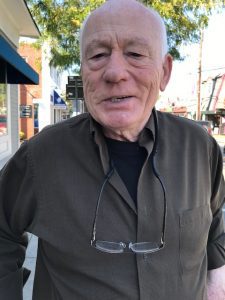 Wally Tomaszewski, Port Jefferson
Wally Tomaszewski, Port Jefferson
“As far as Ukraine is concerned, of course, they were unjustly attacked by President Putin and Russia. The president of Ukraine has to support his people. The lives that are lost are unfathomable. Ukraine has been in existence a long, long time. They have gotten along with Russia. However, Mr. Putin has got something in his head that he wants to expand his territory and have the people of Ukraine commit to Russia. The killing and maiming of the Ukrainian people is just incredible. The Ukrainian people are fighting back. The Ukrainian military is gaining territory and beating Russians, which is incredible. The reason they are beating the Russians is that the Russian military really doesn’t have the heart to do this to a neighboring country. It is all subject to what Mr. Putin wants and they have to do what he wants. I think it is inhumane. They should stop this war immediately. The United States is supporting Ukraine with weapons. There are other countries that are supporting the Ukrainian people and rightly so.”
 Andrew Drake, Stony Brook
Andrew Drake, Stony Brook
“I think [a nuclear weapon is] the worst thing invented by mankind. We now have the ability to destroy ourselves at any time. It is a horrible thing that exists. I wish it is something we could put back in the box, but we can’t. The sad reality is as long as they exist, we need to have them. There are going to be people that are bad actors. That’s why the United States tries to keep Iran from getting a nuclear weapon. North Korea launching a missile over Japan was obviously scary. I wish there were something else we could do about it, other than what we are doing. I don’t think there is a military solution, as much as there is a diplomatic solution. We need to incentivize people not to develop these [weapons], or give them the ability to defend themselves in a way that is not going to require mutually assured destruction.”
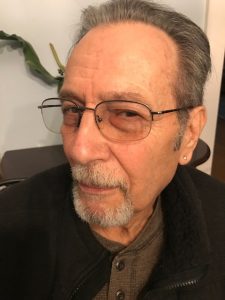
Paul Adago Jr., Ridge
“It’s going to affect us as a country, because we can’t have someone just bow to another. We allow that to happen in one portion of the world, then everybody’s going to think, ‘Well, we can do that too.’ We have to step up as a world, whether they’re part of NATO or not. We have to do what’s right for the people. After what we’ve been through in the world in the last two or three years, we have to humble ourselves and look at each other as people.”
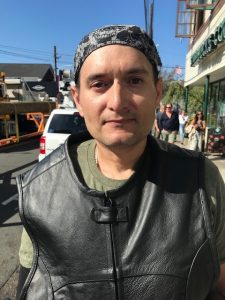
Jorel Alvarez, Middle Island
“Putin using tactical nuclear weapons is not good for anyone’s sake. Once you use nukes the other person is going to use whatever weapons they have and then it is going to keep going on and the cycle is not going to stop. It is not right that he has this power. It is not right what he is doing in Ukraine.”
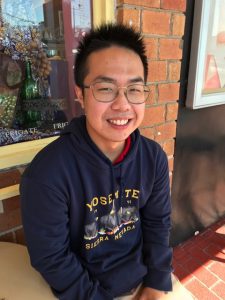
Wet Yang, Brooklyn
“I don’t think we can afford nuclear war. I don’t think we should be using nuclear weapons. I don’t believe in the use of nuclear weapons.”
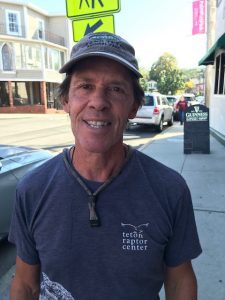
Michael Osgood, San Francisco
“North Korea is obviously [launching missile tests] to be provocative and to remind the world that it has the technology to cause a lot of trouble. They think that is the way they can stay in power.” Regarding Mr. Putin’s threats, Osgood replied, “I can feel fear in my stomach when I think about that. I mean, could he possibly be insane enough to pull the trigger on such a thing? I hope to God he isn’t.”



